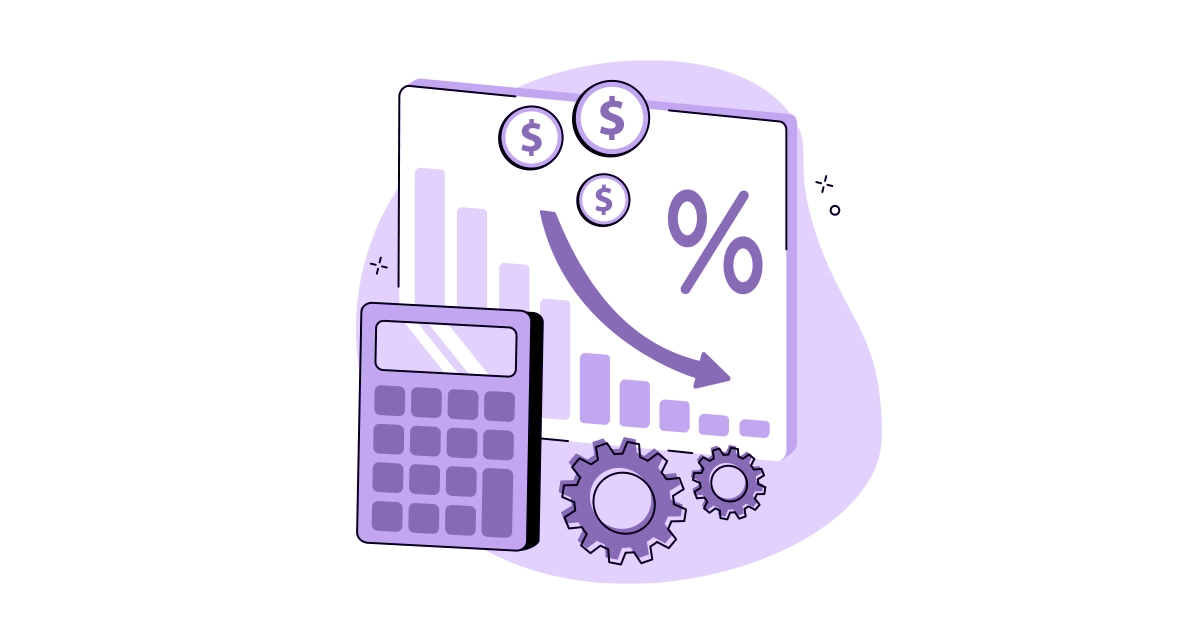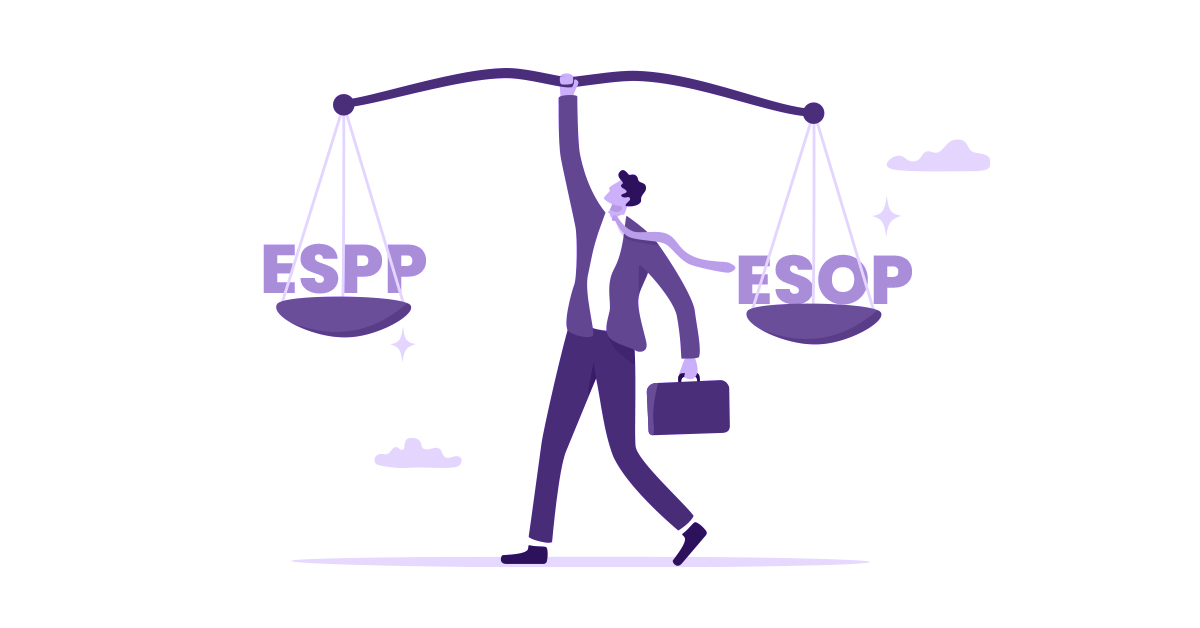Startups seeking initial funding often turn to convertible notes for their convenience compared to direct equity sales. While this provides flexibility in avoiding an immediate business valuation, founders must delve into terms to entice investors.
A crucial term in these discussions is the valuation cap, a concept vital for understanding the startup funding landscape.
What is Valuation Cap?
The valuation cap sets the maximum possible valuation at which the convertible security derives its conversion price. The valuation cap applies regardless of how much higher the actual valuation of the financing round is above the cap.
Why is Valuation Cap important?
Valuation cap serves to protect early investors of the convertible security. It is intended to compensate these early convertible investors for the risk they are taking by investing in the firm in its earlier stages to help bring it to the higher 'qualified' financing's valuation.
Essentially, under a scenario where the valuation exceeds the cap, convertible investors will receive more shares than the investors in the 'qualified' financing round who contributed the same amount of money.
What are the benefits of Valuation Cap?
1. Attract Early Investors: Incorporating a valuation cap in your convertible note offering attracts early investors by mitigating their risk and encouraging faster and more substantial investment.
2. Discounted Equity for Future Rounds: A valuation cap sets a maximum price for conversion, ensuring convertible note investors receive more shares if the company's valuation exceeds the cap. This benefits them in subsequent financing rounds.
3. Incentivize Early Investments: The valuation cap acts as an incentive for early investors, motivating them to contribute funds during the early stages of your startup. It helps create a sense of urgency and commitment.
4. Overcomes Early-Stage Hurdles: For startups in their early stages, attracting investors can be challenging. A valuation cap addresses this hurdle by making the investment proposition more appealing to potential backers, thereby increasing the likelihood of securing funding.
What is Valuation Floor?
Inversely of a valuation cap, a valuation floor sets the minimum possible valuation at which the convertible security derives its conversion price. Valuation floor applies regardless of how much lower the actual valuation of the financing round is below the floor.
Why is Valuation Floor important?
Valuation floor serves to protect the founders, ensuring that the new financing round share price is set at a preset minimum value. In the event of an extreme downround, it prevents founders from getting excessively diluted by convertible investors due to an extremely small conversion price.
What are the benefits of Valuation Floor?
1. Investor Confidence: A valuation floor provides a baseline value, assuring investors of the minimum worth of their investment. This instills confidence, attracting risk-averse investors who seek a safeguard against potential decreases in the company's valuation.
2. Stability in Volatile Markets: In the unpredictable landscape of startups, market conditions can fluctuate. A valuation floor provides stability by setting a minimum value for the investment, shielding investors from significant losses during periods of market volatility or economic uncertainty.
3. Negotiation leverage: A valuation floor can strengthen the negotiation position of founders and stakeholders. By setting a minimum valuation, it establishes a clear boundary, allowing for more strategic discussions with potential investors and reducing the risk of undervaluation.
5 Different Valuation Techniques
Evaluating a company's worth involves various techniques. Here are 5 valuation techniques to know:
1. Comparable Company Analysis (CCA): Compare your company to others in the market to gauge its value relative to industry peers.
2. Discounted Cash Flow (DCF): Assess the present value of expected future cash flows, factoring in the time value of money.
3. Market capitalization: Determine a company's value by multiplying its share price by the total number of outstanding shares.
4. Precedent Transactions: Examine the sale prices of similar businesses to estimate the value of your own.
5. Book Value: Evaluate a company's net worth by subtracting liabilities from assets, providing a straightforward valuation.
Incorporating these diverse valuation techniques allows businesses to gain a comprehensive understanding of their true market value, aiding strategic decision-making and financial planning. Choose the approach that aligns best with your business goals and market dynamics.
About Qapita
Qapita Fintech Pte Ltd (Qapita) is a fintech and legal-tech start-up. Qapita started with digital equity management software for private companies, particularly start-ups. Its software platform is designed to enable capitalization table management and employee stock ownership plan (ESOP) management.
Qapita is building more software products to provide solutions to companies as well as to its investors, shareholders, and employees. Qapita's vision is to build a network of stakeholders in private markets and digitally enable private capital market transactions on its platform.


 Equity management
Equity management

 Fund management
Fund management

 Fund management
Fund management

 Fund management
Fund management












































